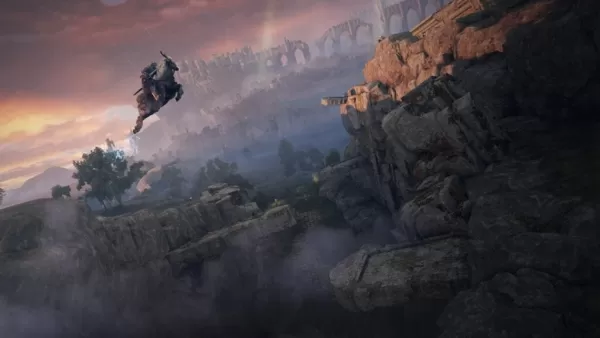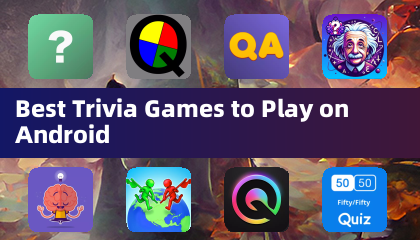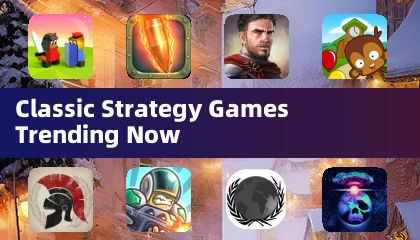Open-world games were once dominated by checklists, with maps littered with markers and mini-maps guiding every move, making objectives feel more like chores than adventures. Then came Elden Ring from FromSoftware, which discarded the conventional playbook, abandoned the hand-holding, and offered players something truly unique: genuine freedom.
In collaboration with Eneba, let's delve into what this game has done for the genre and why it's worth your admiration.
A World That Doesn’t Beg for Your Attention
Traditional open-world games often vie for your attention with constant notifications directing where to go and what to do. Elden Ring, however, takes a different approach—it whispers. It presents a vast, mysterious landscape and leaves it to you to explore and understand. There are no intrusive UI elements demanding your attention; instead, your curiosity becomes your guide. If something in the distance catches your eye, go and explore. You might discover a hidden dungeon, a formidable weapon, or a terrifying boss ready to challenge you.
The absence of level scaling adds to the authenticity. The world doesn’t adapt to you; you must adapt to it. If an area seems too tough, you can return later or choose to face it head-on, even if it means taking on a dragon at level five with a broken sword. The choice is yours, and so are the consequences.
It’s never too late to venture into the Lands Between, especially when you can find an Elden Ring Steam key at Eneba for less than you might expect.
Exploration Feels Like Discovery, Not a Checklist
In many open-world games, exploration often becomes a race from one waypoint to another, more about efficiency than adventure. Elden Ring changes this paradigm. There’s no quest log directing you, NPCs offer cryptic clues, and landmarks beckon from afar without explanation. The game trusts you to piece it together, making every discovery feel truly yours.
This approach might seem daunting, but it's what makes exploration so rewarding. Each cave, ruin, or fortress you uncover feels like a personal achievement. And unlike other games where loot can feel random, in Elden Ring, every find is meaningful. Venture into a hidden cave, and you might emerge with a game-altering weapon or a spell capable of summoning a meteor storm.

The Joy of Getting Lost (and Surviving)
Most games view getting lost as a setback, but in Elden Ring, it's part of the adventure. You might take a wrong turn and find yourself in a poison swamp (a staple of FromSoftware games). You could stumble into a seemingly peaceful village only to be ambushed by grotesque creatures. Yet, these moments contribute to the world's vibrancy.
The game doesn’t hold your hand, but it does provide subtle hints. A statue might point toward an underground treasure, or a cryptic NPC could hint at a hidden boss. By paying attention, the world gently guides you without dictating your path.
Open-World Games Will Never Be the Same?
Post-Elden Ring, the landscape of open-world gaming has shifted irreversibly. FromSoftware has demonstrated that players don’t require constant guidance to enjoy an open world; they crave mystery, challenge, and the thrill of discovery. Hopefully, other developers will follow suit.
If you're eager to immerse yourself in a world that not only invites exploration but demands it, digital marketplaces like Eneba offer fantastic deals on gaming essentials. Whether it's Elden Ring or other must-play titles, your next adventure is just a few clicks away.















